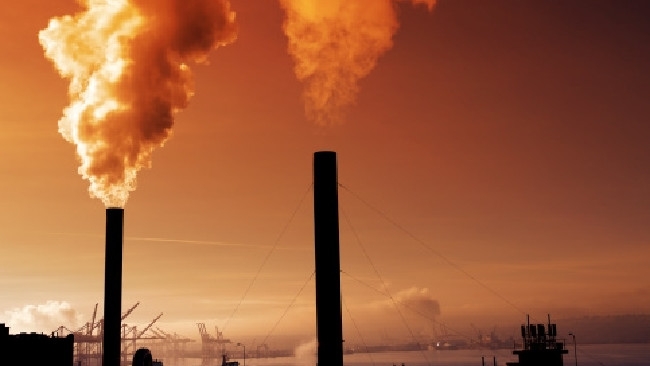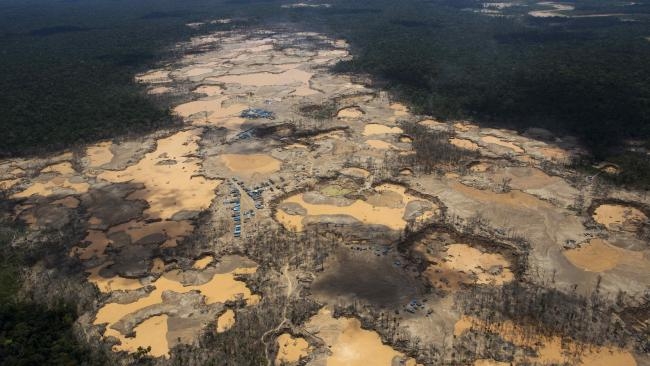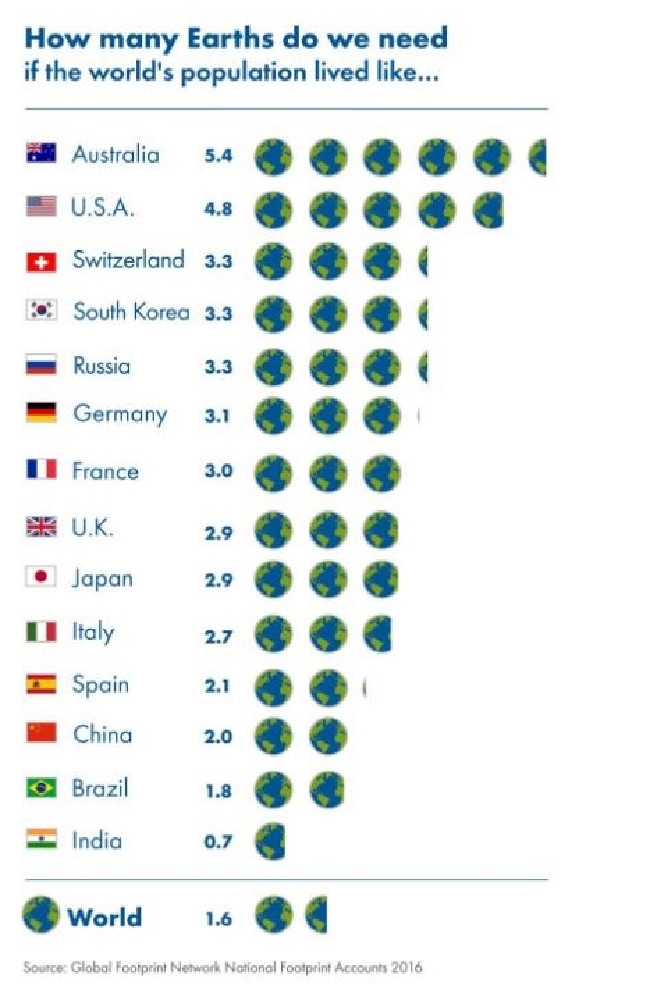
Have you heard of "Earth Overshoot Day"? According to the official statement, yesterday, we have ushered in this day.
This is not a good day to celebrate. The arrival of the Earth Overshoot Day means that the Earth has entered this year's ecological deficit state on this day. That is to say, mankind has used up the Earth's renewable energy for eight months. The total amount of natural resources.
What happened to our earth?
According to a calculation by the Global Footprint Network, a partner of the World Wide Fund for Nature (WWF), the earth broke through the "break-even" on August 9 this year and started ecological liabilities. The source of this data is the analysis of major economic data of the United Nations, such as the global fishery, forestry and energy fields.
According to the data of the GFN, humans have used up the total amount of renewable resources of the earth on this year's August 9 and started to overdraw resources next year. For example, our carbon dioxide emissions have far exceeded the absorption capacity of the oceans and forests, and the speed of human fishing and the speed of forest deforestation have exceeded the rate of fish reproduction and the growth rate of trees. The amount of resources needed to meet human activities exceeds the amount of resources that the Earth can regenerate this year, which is earlier than the date when historically it reached ecological overload.
At present, the fastest-growing carbon emissions are the biggest "killers" that have made Earth more and more advanced ahead of schedule. Carbon footprints account for 60% of mankind's demand for earth resources, which is the entire ecological footprint.
Not only that, in fact, in previous years, the data on Earth's overload day was not optimistic. such as:
In 1960, we achieved ecological overload in the third quarter.
In 1987, in mid-December, "Running out" the earth's renewable resources to achieve ecological overload, which is pretty good.
In 2007, the earth was overloaded by sunrise in mid-October.
In 2016, humans ushered in the earth's overload day on August 9. This is the earliest time that has not appeared in past history.

According to statistics, in all countries, the leading culprits leading to the early arrival of ecological overload days are Australia and the United States, where the consumption of meat has increased significantly, and the increase in carbon emissions is the biggest factor that has led to the arrival of ecological overload days.
What does the expert say?Dr. Chris Riedy, an associate professor at the Institute of Sustainable Development, said that the arrival of Earth’s overload day is reasonable and not surprising.
"We must realize that it is precisely because we have been overdrafting the use of the resources of the earth and using them for the construction of our country's capital industry. This makes Earth Overshoot Day come so early."
Dr. Chris Riedy also said that
“We need to constantly look at the food, water, and energy that humans need, and compare these needs with what the Earth can provide us. Let us see how humans influence nature and what nature gives us.â€
In order to meet the UN climate change agreement signed in Paris last December, the global carbon footprint must be reduced to zero within the next 50 years of this century. The Global Footprint Network stated that in order to achieve the above goals, people will need to adopt a new lifestyle and adopt renewable energy sources.
According to Mathis Wackernagel, co-founder and CEO of Global Footprint Network:
"Actually, there are many benefits to using this new lifestyle. We can also use current technology to achieve it, and we will obtain financial advantages and overall benefits that will exceed the cost. It will stimulate the development of new industries such as renewable energy While reducing the risks and costs associated with climate change."
The Global Footprint Network also pointed out that some countries have accepted challenges, such as Costa Rica, where 97% of the country’s electricity was provided through renewable resources during the first three months of the year. The United Kingdom, Germany, and Portugal are also striving to develop renewable energy. The Chinese government has even set a target to reduce the consumption of meat by 50%. This means that by 2030, China's animal husbandry carbon emissions will be reduced by 1 billion tons.
Simon Ross, head of Population Matters, a British charity organization, said: “To deal with ecological overload requires two major measures: The first is to transition to a sustainable lifestyle so as to reduce and balance our per capita consumption. The second is to stabilize population growth so that Everyone can enjoy more share of the ecological carrying capacity. Only by achieving these two goals can we hope to end the ecological overload day in the future."
The earth is the home of human beings. Maintaining the earth's ecological balance is also crucial to every human being on Earth. In response, the global network footprint also calls for individuals to take action so that humanity can truly achieve a sustainable development in the future.
Via news
Linear Encoder,Digital Linear Encoder,Draw Wire Sensor,1500Mm Linear Encoder
Jilin Lander Intelligent Technology Co., Ltd , https://www.jilinlandertech.com